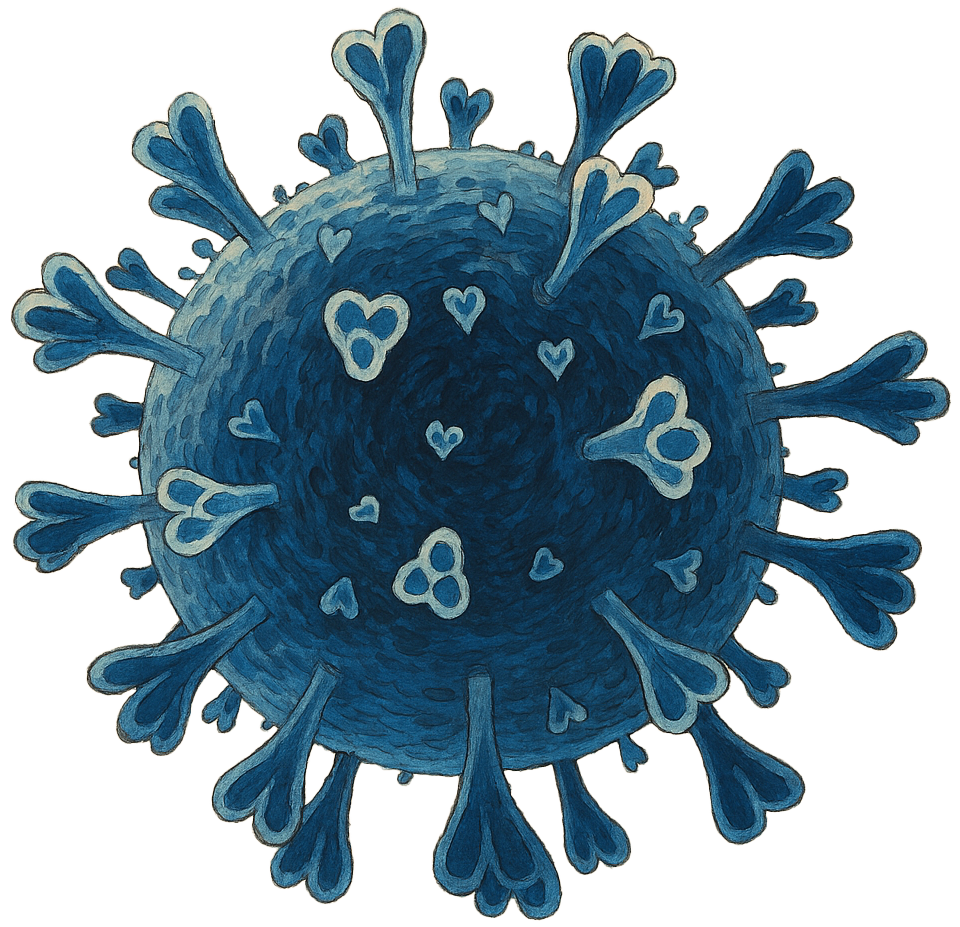LSALT peptide for COVID-19

COVID-19 involves the interplay of over 100 viral and host proteins and factors providing many therapeutic targets.
Scientists have proposed over 9,000 potential treatments.
c19early.org analyzes
170+ treatments.
, Multicentre, randomised, double-blind, placebo-controlled, proof of concept study of LSALT peptide as prevention of acute respiratory distress syndrome and acute kidney injury in patients infected with SARS-CoV-2 (COVID-19), BMJ Open, doi:10.1136/bmjopen-2023-076142
ObjectiveDipeptidase-1 (DPEP-1) is a recently discovered leucocyte adhesion receptor for neutrophils and monocytes in the lungs and kidneys and serves as a potential therapeutic target to attenuate inflammation in moderate-to-severe COVID-19. We aimed to evaluate the safety and efficacy of the DPEP-1 inhibitor, LSALT peptide, to prevent specific organ dysfunction in patients hospitalised with COVID-19.DesignPhase 2a randomised, placebo-controlled, double-blinded, trial.SettingHospitals in Canada, Turkey and the USA.ParticipantsA total of 61 subjects with moderate-to-severe COVID-19.InterventionsRandomisation to LSALT peptide 5 mg intravenously daily or placebo for up to 14 days.Primary and secondary outcome measuresThe primary endpoint was the proportion of subjects alive and free of respiratory failure and/or the need for renal replacement therapy (RRT). Numerous secondary and exploratory endpoints were assessed including ventilation-free days, and changes in kidney function or serum biomarkers.ResultsAt 28 days, 27 (90.3%) and 28 (93.3%) of subjects in the placebo and LSALT groups were free of respiratory failure and the need for RRT (p=0.86). On days 14 and 28, the number of patients still requiring more intensive respiratory support (O2≥6 L/minute, non-invasive or invasive mechanical ventilation or extracorporeal membrane oxygenation) was 6 (19.4%) and 3 (9.7%) in the placebo group versus 2 (6.7%) and 2 (6.7%) in the LSALT group, respectively (p=0.14; p=0.67). Unadjusted analysis of ventilation-free days demonstrated 22.8 days for the LSALT group compared with 20.9 in the placebo group (p=0.4). LSALT-treated subjects had a significant reduction in the fold expression from baseline to end of treatment of serum CXCL10 compared with placebo (p=0.02). Treatment-emergent adverse events were similar between groups.ConclusionIn a Phase 2 study, LSALT peptide was demonstrated to be safe and tolerated in patients hospitalised with moderate-to-severe COVID-19.Trial registration numberNCT04402957.
Please send us corrections, updates, or comments.
c19early involves the extraction of 200,000+ datapoints from
thousands of papers. Community updates
help ensure high accuracy.
Treatments and other interventions are complementary.
All practical, effective, and safe
means should be used based on risk/benefit analysis.
No treatment or intervention is 100% available and effective for all current
and future variants.
We do not provide medical advice. Before taking any medication,
consult a qualified physician who can provide personalized advice and details
of risks and benefits based on your medical history and situation. IMA and WCH
provide treatment protocols.
Thanks for your feedback! Please search before submitting papers and note
that studies are listed under the date they were first available, which may be
the date of an earlier preprint.
